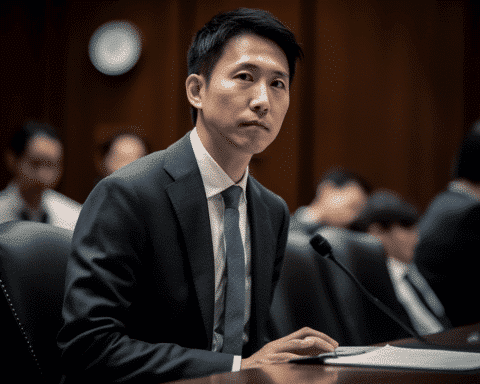Microsoft has reached a settlement with the US government regarding allegations of privacy violations through its Xbox Live gaming service.
The tech giant will pay $20 million to address claims that it illegally collected personal information from children without parental consent. The settlement reflects a failure by Microsoft to disclose the full extent of information gathering and breaches of the Children’s Online Privacy Protection Act (COPPA).
Alongside the settlement, Microsoft has committed to additional measures to safeguard children’s privacy on its gaming platform.
Privacy Breaches and FTC Lawsuit
The Federal Trade Commission (FTC) filed a lawsuit accusing Microsoft of breaking the law by not informing parents about the comprehensive data it collected from children under the age of 13 through Xbox Live.
The FTC alleges that the information gathered included images, video and audio recordings, real names, and activity logs. Moreover, Microsoft retained the personal information of millions of users who began creating Xbox Live accounts but never completed the registration process.
Insufficient Disclosures and COPPA Violations
The FTC argued that Microsoft’s parental settings on Xbox Live offered some control over children’s accounts but failed to adequately disclose the data collected and its usage to parents.
This lack of transparency led to violations of COPPA regulations. The settlement signifies Microsoft’s acknowledgment of these violations and its commitment to address the concerns raised.
Microsoft’s Additional Measures
In addition to the financial penalty, Microsoft has agreed to implement several measures to enhance privacy protection on its gaming platform.
Firstly, the company will delete any personal information collected from incomplete account registrations. This step ensures that unused data is appropriately disposed of to safeguard user privacy.
Furthermore, Microsoft will notify third-party game publishers when a user account may belong to a child, prompting publishers to comply with COPPA guidelines in handling that user’s information.
The Larger Context: Microsoft’s Acquisition of Activision-Blizzard
The settlement with the US government comes amidst Microsoft’s proposed acquisition of video game giant Activision-Blizzard. This $69 billion deal has faced scrutiny from regulators who have raised concerns about potential anti-competitive control over the gaming industry.
Critics worry that Microsoft could withhold game titles from rival platforms, particularly in the emerging cloud gaming sector. To alleviate these concerns, Microsoft has entered into licensing agreements with other companies to ensure continued access to Activision games for customers post-acquisition.
Ongoing Litigation and Approval
While the European Union has approved Microsoft’s acquisition of Activision-Blizzard, legal proceedings to block the deal persist in the United States and the United Kingdom.
US and UK officials have expressed apprehension over potential anti-competitive practices and their impact on the gaming market. As the litigation continues, Microsoft remains committed to addressing regulatory concerns and finding resolutions that allow the deal to proceed.
Safeguarding Children’s Privacy
Microsoft’s $20 million settlement with the US government over Xbox Live privacy allegations highlights the importance of protecting children’s privacy in the digital age. The settlement reflects the company’s failure to disclose the full extent of data collection from underage users and violations of COPPA regulations.
As Microsoft works towards resolving these issues, it remains embroiled in legal proceedings surrounding its proposed acquisition of Activision-Blizzard. With ongoing litigation, the outcome of the deal’s approval or blockage remains uncertain.
In the meantime, Microsoft must continue to prioritize user privacy and address regulatory concerns to maintain trust among its customers and stakeholders.




